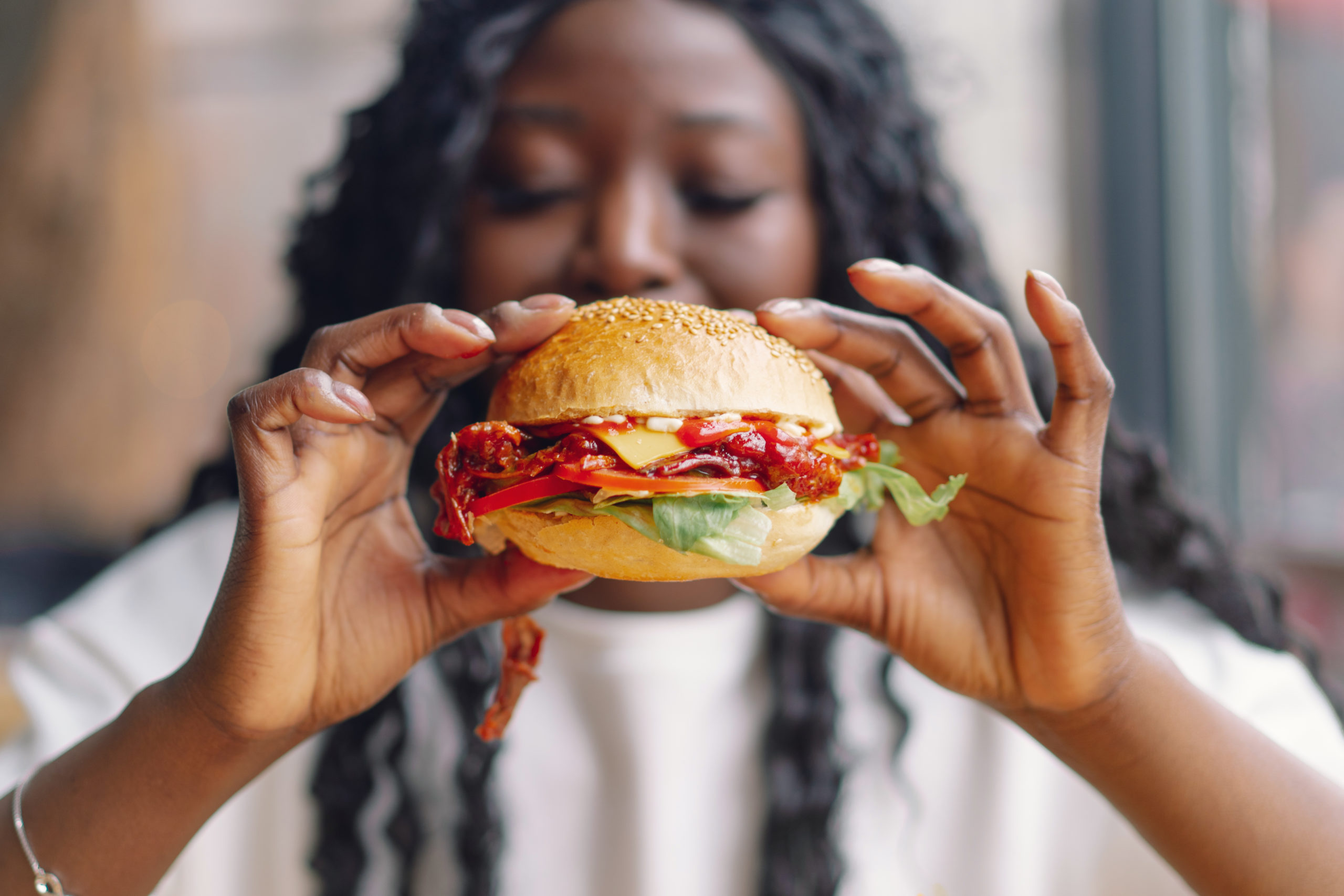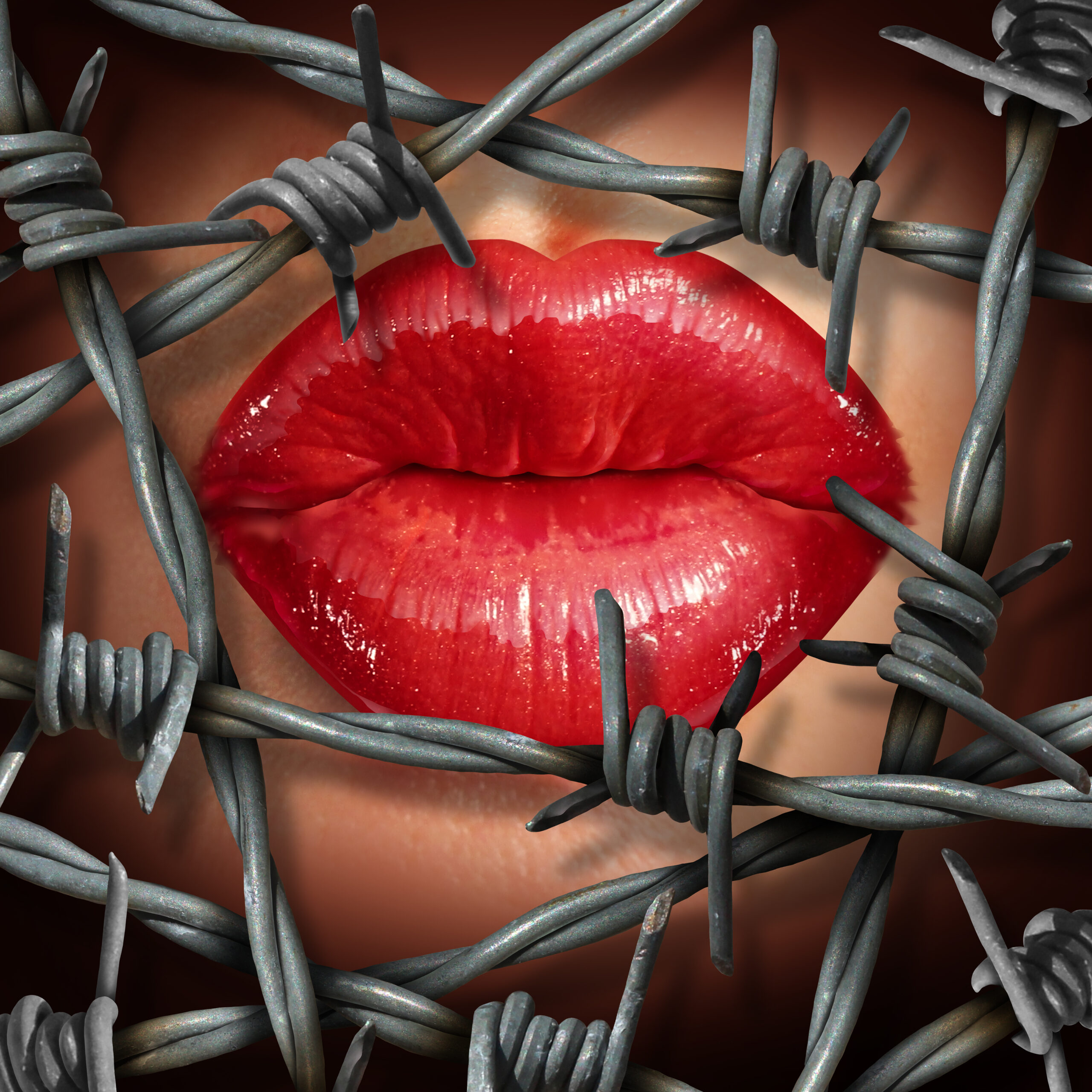By Lola Aguliar
You might feel guilty, and you may be unsure about your next steps. Whether your diet cheat was small, or you binged on half a cake during a birthday celebration, you can get back on track.
Accept What Happened and Forgive Yourself
You wouldn’t get angry at a friend for having an extra cookie, so you shouldn’t give up on yourself either. Perfect dieting is nearly impossible for biological and psychological reasons. When you reduce calories, fat, carbs or other nutrients, your body literally fights against the deficit. While dieting can lead to a healthier body, it is challenging, and there will be ups and downs.
If you do make a mistake, accept what happened with grace. Beating yourself up over it will only generate more negative emotions that you will seek to soothe—often with more food. Focus on the positive, including accomplishments you’ve made up until this point. Forgive yourself for the foible and move forward. Don’t dwell on the past.
Here are some steps you can take to deal with cheating on your diet in a productive manner.
Continue Eating According to Your Plan
You should have a plan to maintain a healthy diet. A mistake at breakfast doesn’t have to mean the whole day is ruined. Instead, get right back on track for lunch. It’s important that you don’t punish yourself by skipping meals and snacks. That can lead to overeating later when hunger overcomes you.
Review Your Success
It would be best if you were keeping track of your diet wins on a daily basis. Whether you are trying to eat healthier food or lose weight through a diet, you should keep a journal, spreadsheet or other methods of documenting your progress. Review your success frequently. This will motivate you to keep going, even if you cheat once or twice.
Reset Your Goals
It’s good to set lofty goals for yourself, but make sure they are achievable. If you find yourself cheating on your diet often, you might reevaluate your goals and set one that is more realistic. You might also break down your larger goal into smaller bite-sized pieces. For example, if your goal is to lose 50 pounds in 2022, but you keep getting overwhelmed by the large number, you might reset your goal to lose 5 pounds over the next four weeks. At that rate, you will, in fact, reach your larger goal, but by resetting the goal to a smaller one, it will seem easier to reach.
Create a Plan
If you went into your diet with vague ideas of eating more vegetables and fewer carbs, you are setting yourself up for confusion. Instead, make a meal plan that includes the types of foods you want to eat and nutrients you want to track—whether it be carbs, calories, protein, fat, sodium or other macros.
Make sure your plan includes enough food to keep you satisfied. Foods high in protein will keep you full while giving you sustained energy. Salads and other non-starchy vegetables can give you bulk while reducing calorie counts. Whatever you decide to do, write it down or record it digitally and refer to it often.
Avoid Sugary Drinks and Alcohol
When you’re on a diet, the last place you need to get your calories is from liquids. In fact, you should be loading up on water. Sweet drinks like Kool-Aid have no substantial nutritional benefit. Instead, opt for plain or sparkling water, and you can even flavor it with lemon, lime or cucumber.
You should also avoid alcohol, especially if it includes sweet mixers. Those drinks can be tempting but will not serve your long-term goals. If you do drink one to many beers or a cocktail at a party, follow it up with plenty of water. Alcohol can result in dehydration, even if it includes juices or soda.
Get Active Again
If you cheated on your diet, maybe it’s time to focus on another aspect of your health—movement. Most people live a fairly sedentary lifestyle on a daily basis. Sitting in front of a computer or at a desk for eight hours per day can result in weight gain and fatigue. Make time to hit the gym or get outside for a walk or jog. Even taking the dog for a quick walk around the block can be beneficial to your health. Burning extra calories will reduce residual guilt from the diet mistake you made and will ultimately improve your mood overall.
Talk to a Nutritionist or Dietician
If you constantly find it difficult to stick to your diet, you might want to talk to a professional to get help planning meals. A nutritionist or dietician can help you learn about food and determine what is best for your body.
A nutritionist can help people meet general nutritional goals and change typical poor eating habits. However, a dietician has additional education that allows them to diagnose eating disorders and design diets that treat specific medical conditions. If you have questions about how to maintain a healthy diet, you should consult one of these types of health professionals.
Figure Out Why You Cheated
Cheating on a diet typically has a root cause. Try to figure out what is leading to your negative eating behaviors so that you can change them for good. You might try to journal every time you cheat on your diet, tracking mood, stress factors and anything that might have happened during the day that impacted the way you chose to eat. You can look back over time and find connections regarding why you’ve had issues sticking to your diet.
Be Kind to Yourself If You Cheat on Your Diet
After all of your hard work eating the right things, it can be disappointing if you hit a snag. However, you shouldn’t beat yourself up about it. In fact, that can cause more negativity, which can lead to overeating to soothe yourself. Instead, be as kind to yourself as you would to a friend. Allow yourself some grace and immediately get back up on the horse and try again at the next meal.








Leave A Comment